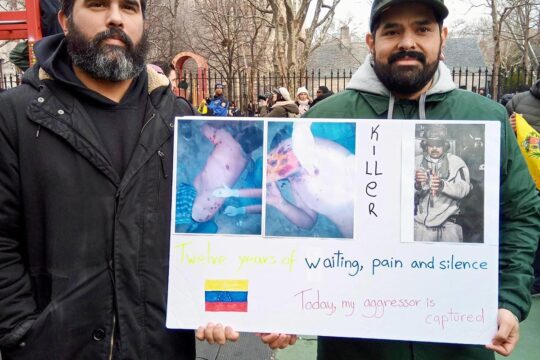Laurent Munyakazi, aged 55, was found guilty of complicity in the 1994 genocide, of incitement to commit genocide, of organizing and executing genocide, and of delivery of weapons to the Interahamwe militia.
Lieutenant-Colonel at the time, Munyakazi was the Commanding Officer of the so-called Groupe Mobile, an elite unit which was charged with protecting strategic areas in Kigali.
Laurent Munyakazi was convicted for "complicity" in massacres of Tutsis which took place in the Sainte-Famille church and in two Catholic schools, the Saint-André High School and the Notre Dame Lycée de Citeaux.
When he was arrested in 2005, he was Second Division Commander of the Rwandan Army.
The defendant was first sentenced to life imprisonment by a Military Tribunal in November 2006. The Military High Court confirmed the judgment on appeal in 2007.
Munyazaki lodged a final appeal to the Supreme Court. However, his case was referred to a Gacaca court, a new law in 2008 having considerably extended the competence of these popular courts.
Adapted from a form of Rwandan traditional justice, the Gacaca courts are tasked with trying alleged perpetrators of the 1994 genocide which left some 800,000 people dead, according to the UN.
These village courts, whose judges are elected from the community, can mete out sentences up to life imprisonment, which is now the maximum penalty in Rwanda. They have already tried more than a million people, with the exception of "planners at the national level".
SRE-ER/GF
© Hirondelle News Agency



